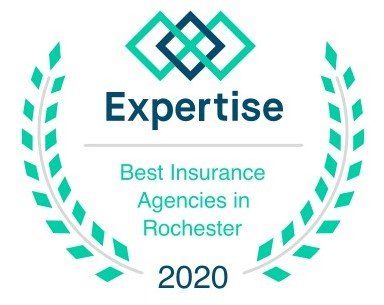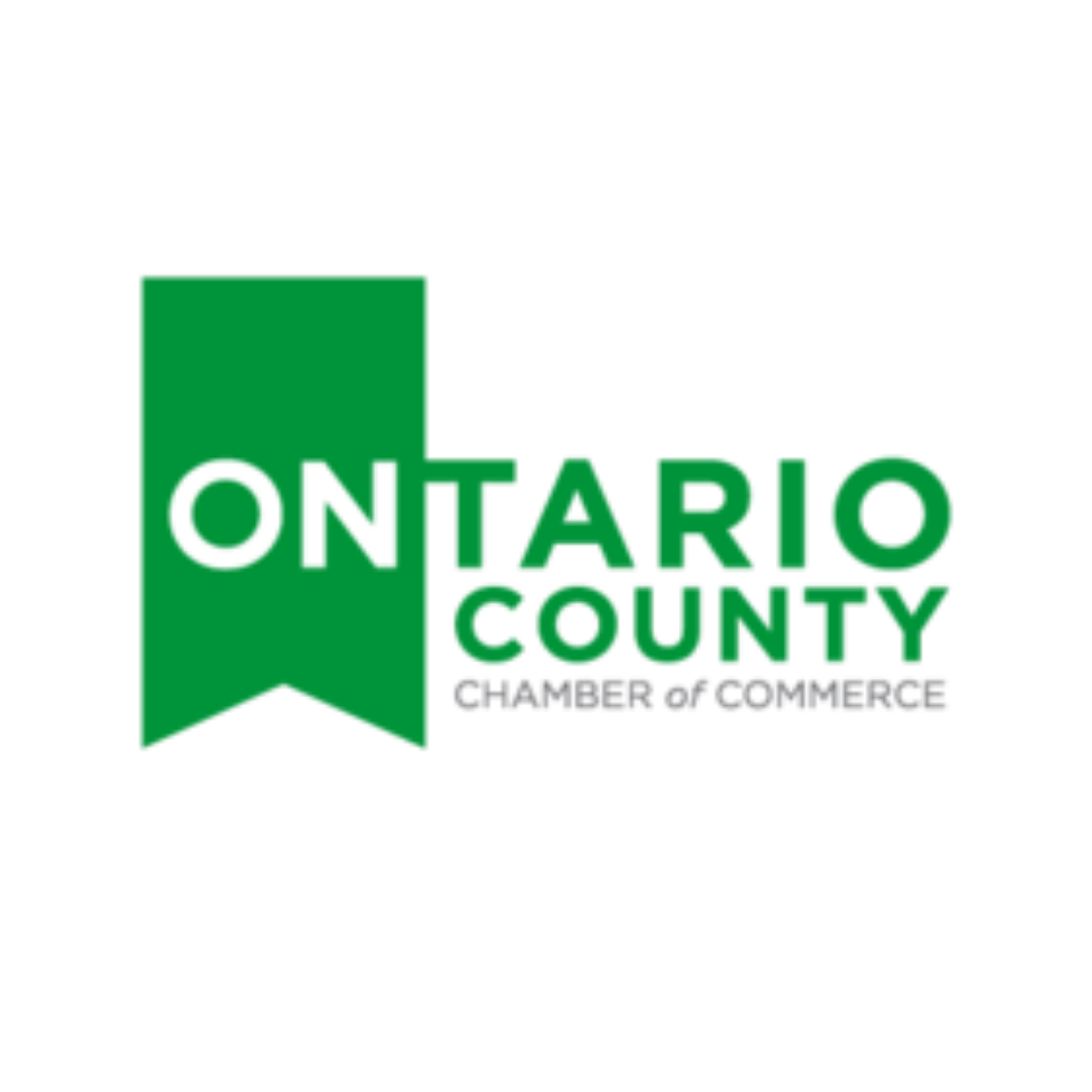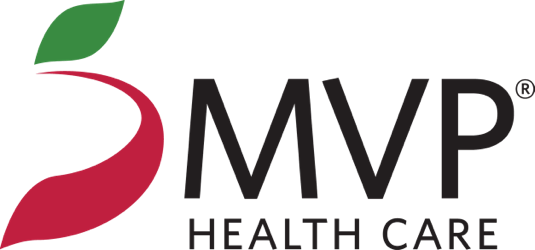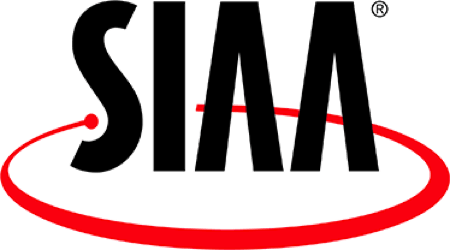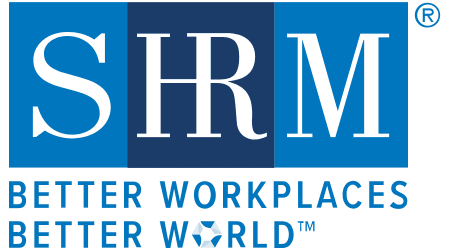January 23, 2026
Severe weather can disrupt business operations faster than almost anything else. From winter storms and flooding to extreme heat, wildfires, and hurricanes, these events don’t just impact buildings and schedules; they impact people, payroll, compliance, and decision-making in real time. For employers, the question isn’t if severe weather will affect your workforce, but whether you’re prepared when it does. Organizations that plan ahead are better positioned to protect employees, maintain trust, and avoid costly missteps when conditions change quickly. Preparation Starts Before the Weather Hits When severe weather develops, decisions often need to be made quickly. Power outages, road closures, and evacuation orders can disrupt normal operations with little warning. The best way to navigate these moments is to lay the groundwork ahead of time, so you’re not starting from scratch when conditions change. Start by taking a proactive approach: Identify the types of severe weather most likely to affect your workforce based on geography and job roles Outline clear safety and response plans so employees know what to do and who to contact Communicate expectations in advance, including how closures, remote work, and updates will be handled Preparation isn’t about anticipating every possible outcome. It’s about giving your organization a reliable framework to make decisions calmly, communicate clearly, and adapt as circumstances evolve. Understanding Your Responsibility as an Employer As an employer, you are responsible for providing a work environment that keeps people safe, even when conditions outside your control create added risk. Workplace safety laws, including OSHA’s General Duty Clause, require you to address recognized hazards that could lead to serious harm, and severe weather can quickly introduce or intensify those hazards. Beyond OSHA, additional state and local regulations, industry-specific standards, and insurance requirements may come into play depending on where and how your employees work. Taking time to understand how these obligations align with your policies, procedures, and day-to-day operations helps you respond more confidently when weather conditions threaten employee safety. Assessing Risk Across Your Workforce No two workforces face the same risks. A meaningful severe weather plan starts with understanding how geography, job duties, and work environments affect exposure. Key questions to consider include: What types of severe weather are most common where employees live and work? Which roles are essential during disruptions, and which can be performed remotely? How could weather events impact commuting, utilities, or workplace safety? Once you have a clearer picture of these risks, document practical safety measures, outline contingency plans, and clearly identify points of contact. When employees know who to reach out to and what steps to follow, they can respond more confidently and safely as conditions change. Communication When It Matters Most Power outages, spotty internet, and overwhelmed phone networks can make it difficult to reach employees at the exact moment guidance is needed. Thinking through communication ahead of time, even at a high level, can make a meaningful difference when conditions change quickly. Start by deciding how you will share updates if your usual tools are unavailable. This might mean designating an alternate way to send messages, choosing a single place where updates will be posted, or clarifying who is responsible for communicating next steps. Even a simple, centralized approach can help employees know where to look for information and what to expect if they don’t hear from you immediately. Clear direction, shared as early as possible, reduces uncertainty and helps employees make safe decisions without guessing. When people understand how and when updates will be provided, they’re better equipped to respond calmly, even if communication is delayed or limited. Attendance, No-Shows, and Real-Life Constraints Severe weather can prevent employees from reporting to work for reasons beyond their control, including unsafe travel conditions, school closures, or power outages. While attendance policies play an important role in normal operations, emergencies often require a more flexible approach. How these situations are handled can shape employee trust long after the weather clears. Allowing for management discretion during severe weather events gives leaders the ability to respond thoughtfully to individual circumstances. Taking time to understand what employees are dealing with, communicating expectations clearly, and offering reasonable alternatives when possible can go a long way. Flexibility during these moments not only supports safety, but also reinforces engagement, loyalty, and confidence in leadership. When Employees Don’t Feel Safe Traveling Even when your workplace remains open, some employees may not feel safe commuting. Encourage open, honest conversations so concerns can be addressed early, and be prepared to offer practical alternatives such as temporary remote work, adjusted schedules, or time off when appropriate. It’s also helpful to understand what support may already be available through your business insurance coverage, as some policies include provisions for lodging, travel, or temporary relocation for employees in critical roles. Reviewing these options with your insurance advisor ahead of time can provide clarity and help you make timely, confident decisions when severe weather impacts operations. Closures and Pay Weather-related closures raise important wage and hour questions. Nonexempt employees generally must be paid only for hours worked, though employers may choose to pay or require PTO use based on policy. Exempt employees are typically entitled to their full salary for any week in which they perform work, even if the business closes for part of the week. Clear policies and consistent application are essential to avoiding payroll and compliance issues. Leave Protections and Legal Considerations Severe weather may trigger eligibility for various job-protected leaves, including: Family and Medical Leave Act (FMLA) Military or National Guard service Disability accommodations State-specific emergency leave laws Be prepared to recognize when these protections apply and provide required notices in a timely manner. Workplace Injuries During Severe Weather If an employee is injured while working during severe weather, immediate medical care should always be the top priority. Once the situation is stabilized and the employee is safe, ensure the injury is reported properly in line with workers’ compensation requirements and, where applicable, OSHA recordkeeping rules. After the initial response and reporting are complete, take time to review what happened. Looking closely at the circumstances and identifying any corrective steps, whether that involves adjusting procedures, equipment, or scheduling, can help you reduce the risk of similar incidents in the future and reinforce a safer work environment overall. Extended Disruptions: Layoffs, Furloughs, and Alternatives When severe weather leads to prolonged disruptions, you may need to evaluate options such as temporary layoffs, furloughs, or reduced schedules. Each of these paths comes with important considerations, including how pay, benefits, unemployment eligibility, and employee morale may be affected. Taking the time to document your decisions, apply them consistently, and communicate clearly with employees can help reduce confusion and protect both your workforce and your organization during an already challenging time. Flexible Scheduling as a Safety Tool Alternative schedules can help protect employees when conditions are unsafe at certain times of day. Adjusted start times, split shifts, or temporary remote work arrangements can reduce risk while maintaining operations. Flexibility is often one of the most effective tools you have as an employer during severe weather events. Supporting Employees Beyond the Workplace Severe weather affects employees at home as well. Consider offering: Emergency supplies or safety resources Temporary lodging or travel assistance Crisis-related financial support Mental health support is also critical. Access to employee assistance programs, wellness benefits, and time off can help employees manage stress during and after a disaster. Staying Alert as Conditions Evolve Government responses to severe weather can shift quickly and may include emergency declarations, executive orders, or new employment requirements. Staying aware of changes in the jurisdictions where your employees work helps you adjust policies and practices as needed. After the immediate disruption, encouraging volunteer or community support efforts can also help reinforce a culture of care and resilience. So, Is Your Workforce Ready? Severe weather may be unpredictable, but your response to it doesn’t have to feel like a scramble. When you take time to plan ahead, communicate clearly, and lead with flexibility, you give your organization a steadier footing to protect your workforce and keep operations moving when disruptions occur. At Simco, we help employers align HR, payroll, benefits, compliance, and commercial insurance so they’re ready when the unexpected happens. If you’re unsure whether your current policies or systems are prepared for severe weather, our team is here to help. Click here to get in touch.






